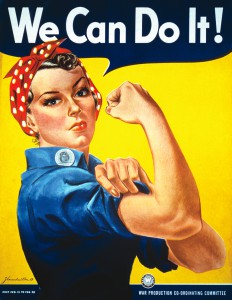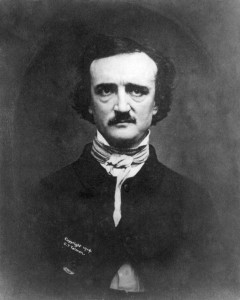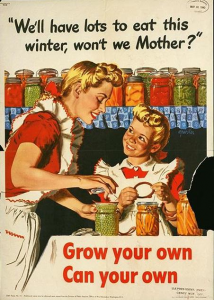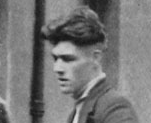 I just got off the phone with the English teacher at Pine Richland middle school. She asked me to come in and speak with two groups of 65 kids about writing historical fiction as part of their STEAM initiative. She said it’s not often they get a parent to represent that “A” for arts in STEAM.
I just got off the phone with the English teacher at Pine Richland middle school. She asked me to come in and speak with two groups of 65 kids about writing historical fiction as part of their STEAM initiative. She said it’s not often they get a parent to represent that “A” for arts in STEAM.
What should I talk about? What would you want to know?
 What is historical fiction? The kids have been reading and studying Poe. This guy. Love him, but I’m sure if he were alive today, he’d be a total downer around the lunch table. It would be a dog-gone shame, too, because he has so much to teach us. Like, when writing historical fiction, what’s important to include? How do you separate fact from fiction?
What is historical fiction? The kids have been reading and studying Poe. This guy. Love him, but I’m sure if he were alive today, he’d be a total downer around the lunch table. It would be a dog-gone shame, too, because he has so much to teach us. Like, when writing historical fiction, what’s important to include? How do you separate fact from fiction?
- Why do you love reading historical fiction? For me it’s about stepping back in time and living it as if I were there. That’s what I want for my readers. When you read history, you learn what happened. Period. When you read historical fiction, your heart races, your breath hitches, and you’re there. You’re experiencing it right along with the characters.
- I had to laugh at these pictures of hair styles from the 1920s compared to now. Not all that much has changed in 100 years, has it? My main take-away here is that despite the many changes across time periods, the human condition and what the heart knows is very much the same. As Lazette Gifford said, “You find out dilemmas are age old.”
- Where do my ideas come from? How do I learn about the time period I’m writing about?
- I’ll talk about I used war-time propaganda, magazine advertisements, and newspaper articles gave me a feel for pop culture. How interviewing live subjects gave me a taste of the emotion. How combing through historical archives revealed some pretty cool treasures. What did things cost? I think the kids will get a kick out of knowing what it cost to see a movie or buy a cheeseburger back in 1920 and 1940.

- It’s like a big giant mystery — why did people do what they did? What was the motivation? What external factors affected the outcome of the character’s personal journey?
- How I go about writing my own historical fiction: does an idea have legs? I’ll talk about that.
- I’ll use my latest manuscript, a middle grade historical titled DIVING GIRL, as an example. I’ll show a handful of facts I dug up and then show how I spun each one in my imagination to add the fiction.
- Finally, I’ll show a uTube documentary that details the real life character from my book and a movie clip from the hit Disney movie that was made about her life.
What do you think? If you were in the audience, what would you like to know about writing historical fiction?


Leave A Comment